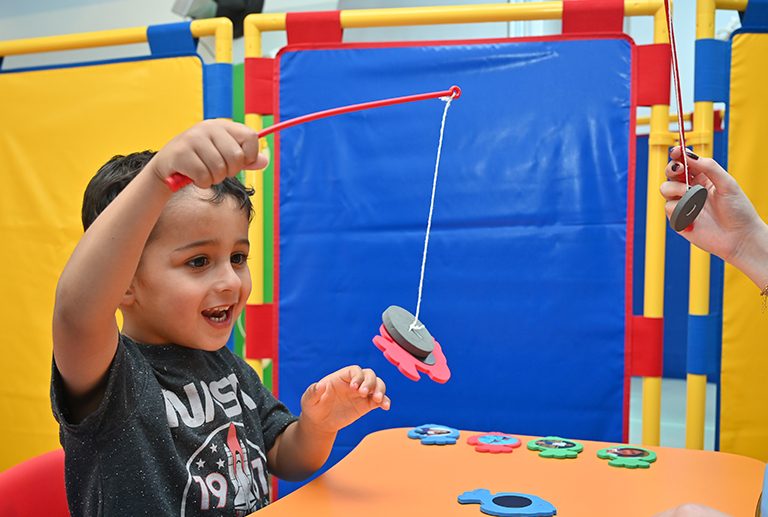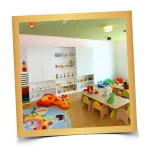Pediatric Physiotherapy for Children with Spina Bifida
Spina bifida is a condition that affects how a baby’s spine forms during pregnancy. This can lead to challenges with muscle control, balance, and movement as the child grows. A pediatric physiotherapist helps children with spina bifida learn how to move in ways that are safe and comfortable for their bodies. They offer support from a young age, helping each child build skills that match their abilities.
Building Movement Step by Step:
Children with spina bifida may have trouble with certain movements depending on where the spine is affected. Some may need help with sitting up, crawling, standing, or walking. Physiotherapy focuses on these basic steps, using repeated practice to help the child become more confident in how they move. Even small improvements can make daily tasks easier and more enjoyable.
Helping Muscles Stay Active:
Because some muscles may be weaker or tighter than others, the therapist works to keep the body as flexible and strong as possible. Stretching tight areas and strengthening weaker ones is a big part of therapy. These exercises are done gently and regularly to help the child move with less effort. Staying active also supports better posture and makes it easier to do things like reach, roll, or climb.
Working on Balance and Coordination:
Balance can be hard for children with spina bifida, especially if their lower body is affected. A pediatric physiotherapist helps them practice movements that improve their ability to sit, stand, and walk with better control. Activities may include reaching, stepping, or playing on soft surfaces. These tasks are done in a way that feels like play but helps build real progress over time.
Support with Braces and Equipment:
Some children need braces, walkers, or wheelchairs to move around more safely. Therapists help choose what works best and teach the child how to use it in daily life. The goal is to give each child more freedom to explore, learn, and join in with others at school or home.
Encouraging Confidence Through Play:
Play is one of the most powerful tools in therapy. When exercises are fun, children are more likely to stay involved and keep trying. Therapists often use games and toys to create movement in a joyful, natural way.
Each child develops at their own pace. With the steady help of a pediatric physiotherapist and support from family, children with spina bifida can build strength, improve movement, and enjoy a more active and involved childhood.


